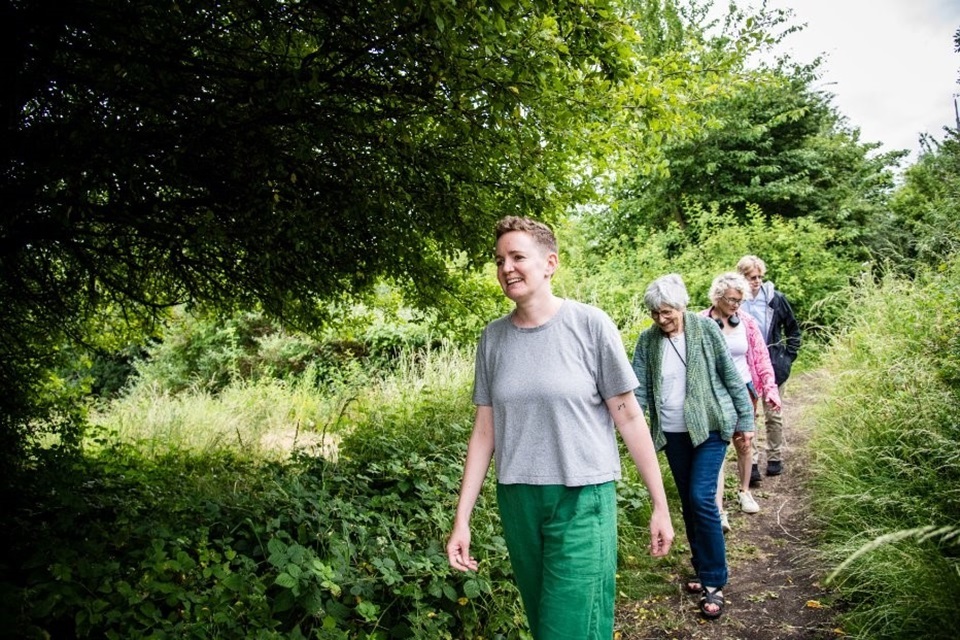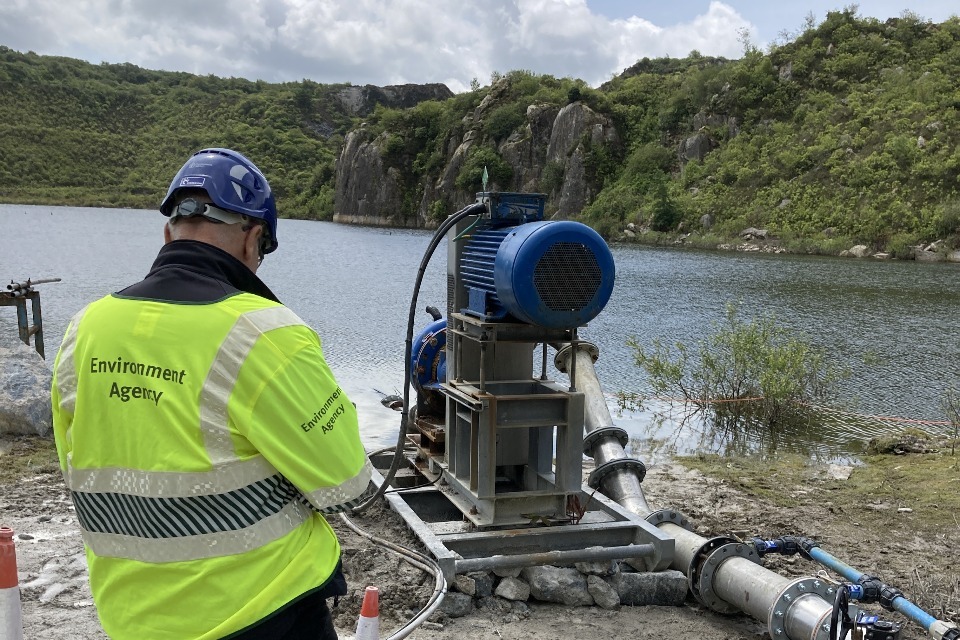What's On
The Department for Transport (DfT) needed to understand data flows…
Going Out
We’ve been spoilt for choice in the European train travel…
Reviews
The modern Indian restaurant group Krickket is set to open…
Latest Articles
Louise Smyth CBE, Chief Executive of Companies House and Registrar of Companies for England and Wales will be…
Crayfish plague, which is normally spread by invasive American signal crayfish, is deadly for the native species and…
The Prime Minister welcomed Prime Minister Mia Mottley of Barbados to Downing Street this morning.
Ian Murray lays wreath with survivor in Manhattan as Edinburgh Royal Military Tattoo pay moving tribute at memorial…
Groucho Marx said: “Yesterday is dead, tomorrow hasn’t arrived yet. I have just one day, today, and I’m…
The application is for an Offshore wind farm with up to 90 wind turbines, associated foundations and all…
A pair of Northampton men are to pay for their role in an illegal tyre waste site in…
DVLA is reminding motorists how they can keep themselves safe from vehicle and driving licence scams. Latest figures…
In Spotlight
The UK has bolstered its support to Myanmar earthquake, allocating…





































